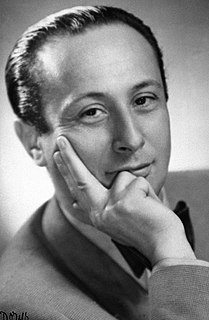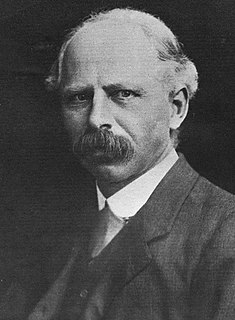A Quote by Friedrich Nietzsche
Robinson had a servant even better than Friday: His name was Crusoe.
Related Quotes
And now I was lonelier, I supposed, than anyone else in the world. Even Defoe's creation, Robinson Crusoe, the prototype of the ideal solitary, could hope to meet another human being. Crusoe cheered himself by thinking that such a thing could happen any day, and it kept him going. But if any of the people now around me came near I would need to run for it and hide in mortal terror. I had to be alone, entirely alone, if I wanted to live.
Most people, it seems, think that Robinson Crusoe when he landed on his Island had nothing to keep him from starvation or anything else. As a matter of fact he had twelve raft loads of supplies that he took off the wrecked ship. He had as much food and furniture as if he had had a delicatessen store and Fifth Avenue outside his hut.
I was born in the Year 1632, in the City of York, of a good Family, tho' not of that Country, my Father being a Foreigner of Bremen, who settled first at Hull; He got a good Estate by Merchandise, and leaving off his Trade, lived afterward at York, from whence he had married my Mother, whose Relations were named Robinson, a very good Family in that Country, and from whom I was called Robinson Kreutznaer; but by the usual Corruption of Words in England, we are now called, nay we call ourselves, and write our Name Crusoe, and so my Companions always call'd me.
The importance of the romantic element does not rest upon conjecture. Pleasing testimonies abound. Hannah More traced her earliest impressions of virtue to works of fiction; and Adam Clarke gives a list of tales that won his boyish admiration. Books of entertainment led him to believe in a spiritual world; and he felt sure of having been a coward, but for romances. He declared that he had learned more of his duty to God, his neighbor and himself from Robinson Crusoe than from all the books, except the Bible, that were known to his youth.
The poet who writes "free" verse is like Robinson Crusoe on his desert island: he must do all his cooking, laundry and darning for himself. In a few exceptional cases, this manly independence produces something original and impressive, but more often the result is squalor - dirty sheets on the unmade bed and empty bottles on the unswept floor.
The organizer of industry who thinks he has 'made' himself and his business has found a whole social system ready to his hand in skilled workers, machinery, a market, peace and order - a vast apparatus and a pervasive atmosphere, the joint creation of millions of men and scores of generations. Take away the whole social factor, and we have not Robinson Crusoe with his salvage from the wreck and his acquired knowledge, but the native savage living on roots, berries and vermin.









































